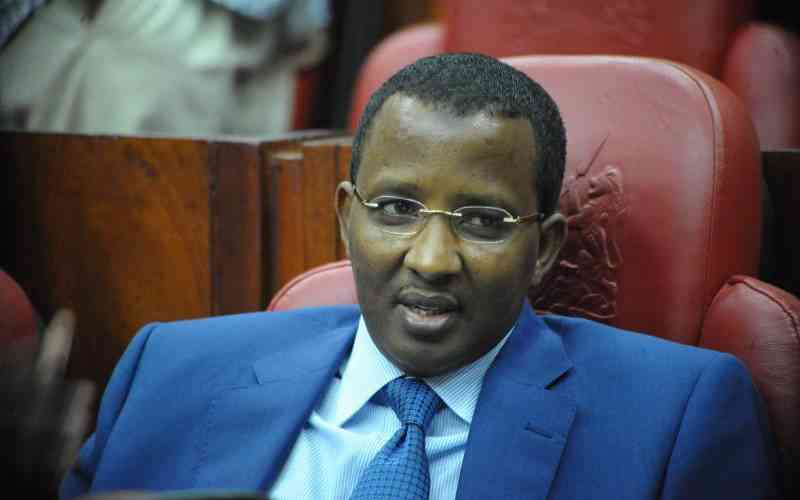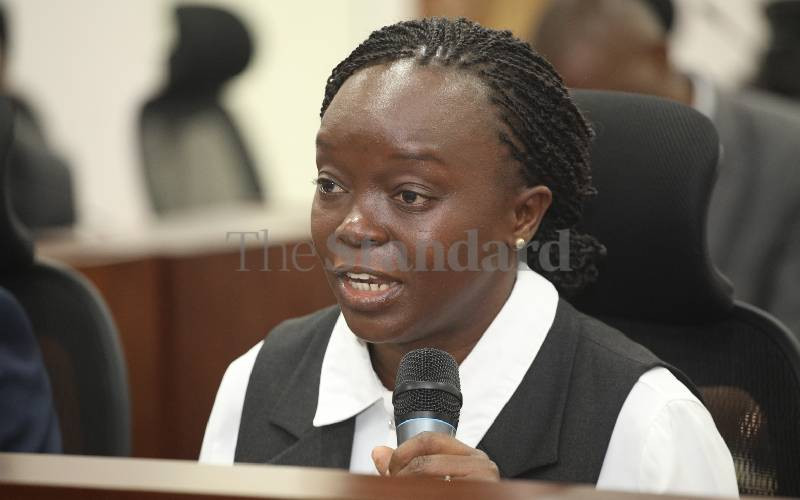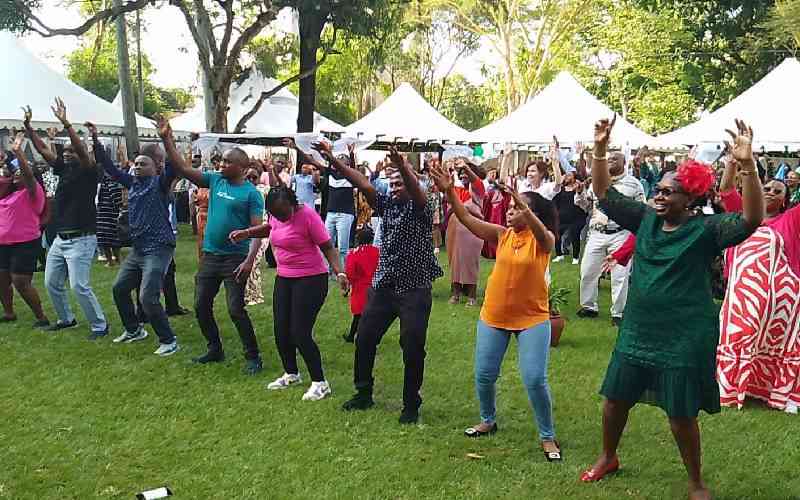By MARK KAPCHANGA
Having a simple meal in Somalia is a luxury. Poverty has inevitably increased since the early 1990s with 53 per cent of the population living on less than $1 (Sh85) a day.
As a result, millions of Somalis depend on handouts from their families abroad, termed hawala. The money transfers are the lifelines of the country’s economy.
According to United Kingdom’s Office of National Statistics, the British-Somalis send up to £150 million every year to their relatives back home. This far exceeds international aid.
But the crucial pipeline could be cut off following Barclays Bank’s announcement in June that it will stop facilitating hawala payments, citing abuse by terrorists and money launderers.
This sweeping decision is also likely to hurt Kenya, which has a large refugee population and a large portion of remittance is either channelled through Kenya or spent in the local economy.
Al-Qaeda conduit?
Barclay’s fears came after the UK’s HSBC was fined $1.9 billion for unsuspectingly allowing money laundering to take place.
In the payment system, no money moves physically between locations — only telephone calls between dealers in different countries. Recipients are given a special code number to prove that money is due. Over time, transactions in opposite directions cancel each other out.
However, if an inequity occurs, cash is carried across countries. Trust, according to insiders, is the chief capital that the dealers have.
The cut will be a catastrophe to millions of people in Somalia, Kenya, Djibouti, Ethiopia, South Sudan and Uganda. The impact in Somalia could be calamitous, as it has neither ATMs nor banking infrastructure. Abdi Hussein says hawala is cheap and trusted.
The father of eight has been using the service since his arrival in Eastleigh in 2002. “I cannot afford official money remitting channels. The funds I am sent is usually delivered to my home,” said Hussein.
This is unlike Western Union where you have to walk in to their shops and the commission charged is exorbitant.
Moreover, hawala dealers charge a commission of between one and two per cent for a transfer, while Western Union’s averages 15 per cent of the total amount being sent.
Other attempts
Stay informed. Subscribe to our newsletter
Efforts to bring down hawala were not hatched yesterday. In 2001, US President George Bush announced the freezing of assets of Dubai-based financial and construction firm, Barakat.
US security agents argued that the firm, a hawala conglomerate, is a conduit for al-Qaeda.
The move deprived the very poor Somalia of the much-needed money to feed its dying population.
The same year, British authorities gave its Customs officers the power to inspect and seize evidence from hawala dealers, all of whom were compelled to register within a month.
The International Monetary Fund (IMF) says informal money transfer systems present risks of money laundering and terrorist financing that need to be addressed.
No doubt, some hawala networks have played a vibrant role in the smuggling of gold from Europe to India, through Dubai.
But analysts say these isolated cases should not cloud the crucial role the system plays in assisting the most vulnerable in Africa.
Instead of killing hawala, governments and international bodies should develop a better understanding of the system, assess its economic and regulatory implications, and design the most apposite plan for dealing with it.
“Selecting the appropriate regulatory and supervisory response requires a realistic and practical assessment and an understanding of the specific country environment in which the fund transfer dealers operate,” said Mohammed El-Qorchi, a Senior Economist in the IMF’s Monetary and Exchange Affairs Department.
However, regulating hawala in different jurisdictions might not be a walk in the park.
Economists say it is so complex due to the multiplicity of legal systems and economic circumstances across countries.
“Coming up with a uniform approach is, therefore, technically and legally unrealistic,” a Director at the Central Bank of Kenya said in confidence.
The hard task ahead is indeed illustrated by the IMF, which observes that in a number of countries, the hawala system is prohibited. As such, any attempt to bring in regulation would be at odds with existing policies.
“This would be seen as legitimising parallel foreign exchange operations and capital flight,” said Mr El-Qorchi.
To deter the misuse of the system in the long run, proponents of the informal money transfer say two feasible paths must be pursued — proper registration and licensing. In addition, they say the formal banking system should focus on addressing its inefficiencies to succeed in reducing the hawala attractiveness to the public.
“Any draconian measures against informal transfer channels will only create a surge in their demand. It is better that they remain in the open,” said the CBK director.
Free movement
Indeed, this was witnessed in Philippines in 1992 when the Fidel Ramos regime abolished currency controls that saw official remittances from overseas quadruple.
Even with its constructive bearing to the millions of the suffering families in Somalia, hawala system has a huge effect on the monetary accounts of the countries involved in the transaction.
From CBK’s point of view, the informal money networks are threatening, since they lie outside legitimate channels that are regulated and taxed.
Since the transactions are not involved in the official country statistics, the remittance is not reflected as an increment in foreign assets to the receiving country’s balance sheet. Similarly, it is not accounted for as a liability in the remitting country.
This means, unlike the formal money transfer systems, value changes hands but broad money is intact. This complicates CBK’s fundamental role of maintaining stable prices.
 The Standard Group Plc is a
multi-media organization with investments in media platforms spanning newspaper
print operations, television, radio broadcasting, digital and online services. The
Standard Group is recognized as a leading multi-media house in Kenya with a key
influence in matters of national and international interest.
The Standard Group Plc is a
multi-media organization with investments in media platforms spanning newspaper
print operations, television, radio broadcasting, digital and online services. The
Standard Group is recognized as a leading multi-media house in Kenya with a key
influence in matters of national and international interest.
 The Standard Group Plc is a
multi-media organization with investments in media platforms spanning newspaper
print operations, television, radio broadcasting, digital and online services. The
Standard Group is recognized as a leading multi-media house in Kenya with a key
influence in matters of national and international interest.
The Standard Group Plc is a
multi-media organization with investments in media platforms spanning newspaper
print operations, television, radio broadcasting, digital and online services. The
Standard Group is recognized as a leading multi-media house in Kenya with a key
influence in matters of national and international interest.









